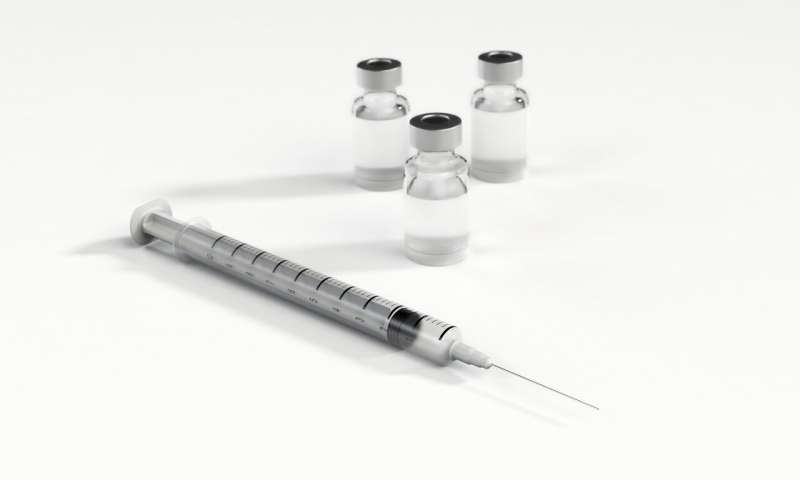Enhanced Pre-Hospital Blood Pressure Monitoring to Prevent Brain Damage in Emergency Cases

Invasive arterial blood pressure monitoring in emergency care offers greater accuracy, potentially preventing brain damage in trauma patients. A recent KSS study highlights its importance for better treatment outcomes.
A groundbreaking study conducted by the Air Ambulance Charity Kent Surrey Sussex (KSS) highlights the significant impact of invasive arterial blood pressure monitoring in emergency pre-hospital care. This method provides highly accurate blood pressure readings, crucial for managing patients with brain injuries, and may play a vital role in preventing secondary brain damage.
Published in the Scandinavian Journal of Trauma, Resuscitation and Emergency Medicine, the research compares the traditional non-invasive arm cuff technique with invasive arterial line monitoring introduced by KSS in February 2022. Accurate blood pressure management is essential for patients suffering from traumatic brain injury or spontaneous intracranial hemorrhage, as fluctuations can lead to further brain harm.
Findings reveal notable discrepancies between the two approaches. The non-invasive cuff often underestimates high blood pressure and overestimates low blood pressure, which can hinder effective treatment. In contrast, invasive arterial lines, commonly used in hospitals, offer superior precision at the scene of the incident, enabling clinicians to tailor interventions more effectively.
Jo Griggs, Head of Research and Innovation at KSS, emphasized the importance of accurate monitoring: "Our results underscore how critical it is to have precise blood pressure data when managing brain injuries. Invasive arterial lines can improve diagnosis accuracy and treatment decisions, ultimately leading to better patient outcomes."
The study involved a team of researchers including Scott Clarke, Rob Greenhalgh, Adam Watts, and others, and confirms that invasive blood pressure monitoring is a valuable tool in emergency medical interventions. This approach supports more targeted treatments and reduces the risk of secondary brain injury.
This innovation aligns with KSS’s commitment to advancing pre-hospital emergency medicine and improving patient care. The adoption of invasive arterial lines in suitable emergency cases promises to enhance clinical decision-making and recovery prospects for brain-injured patients.
Source: https://medicalxpress.com/news/2025-05-arterial-blood-pressure-brain-emergency.html
Stay Updated with Mia's Feed
Get the latest health & wellness insights delivered straight to your inbox.
Related Articles
Emerging Bacterial Vaccine Shows Promise in Early Human Trials
A new vaccine targeting group B meningococcus shows promising immune responses in early-stage human trials, paving the way for broader protection against bacterial meningococcal disease.
Innovative Portable Device Enables High-Quality Platelet-Rich Plasma Extraction
A groundbreaking portable device enables quick, affordable, and efficient extraction of high-quality platelet-rich plasma directly from blood, promising advancements in regenerative medicine and personalized healthcare.
Threats to Asthma Care in California: The Impact of Federal Budget Cuts Under the Trump Administration
Federal budget cuts threaten to dismantle vital asthma programs in California, risking increased hospital visits and mortality among vulnerable populations. Learn about the impact of policy changes on asthma management and community health.
California Advances Legislation to Eliminate PFAS 'Forever Chemicals' from Cookware and Household Products
California is enacting legislation to phase out PFAS 'forever chemicals' from cookware, cleaning products, and household items to protect public health and the environment. The bill aims to reduce exposure to harmful chemicals linked to serious health issues.



